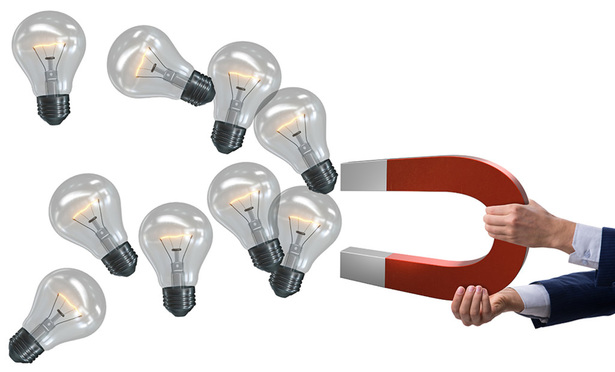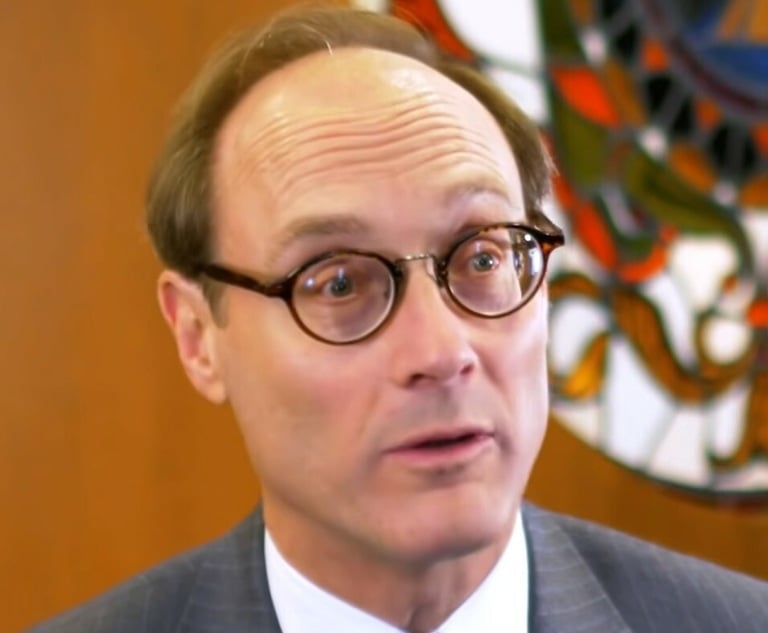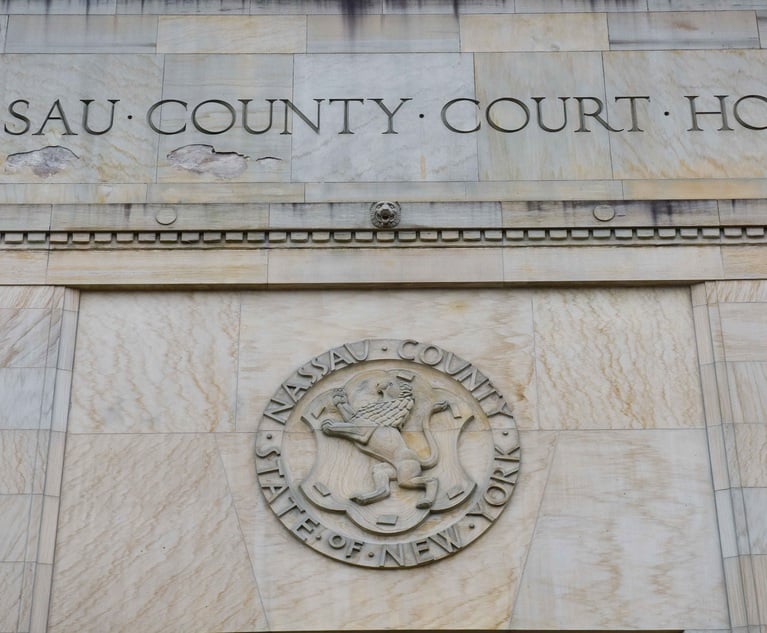 For litigators, copying is a tricky thing. Every lawyer has at least enough familiarity with the principles of plagiarism to know that, as a general rule, one should not copy another person’s words and offer them as one’s own. Lawyers also generally know enough about copyright law to realize that extensive use of someone else’s work—even with attribution—can be problematic. But originality is not exactly a virtue in brief writing. It’s quite the opposite, in fact. The point of most legal briefs is to persuade a court that the applicable precedent offers straightforward support for the desired outcome, ideally without need for much innovative interpretation or extension. When a court calls an argument “imaginative,” it tends to be the kiss of death. See, e.g., Matter of Power Auth. v. Williams, 60 N.Y.2d 315, 326 (1983); accord AT&T Corp. v. Iowa Utilities Bd., 525 U.S. 366, 380 (1999).
For litigators, copying is a tricky thing. Every lawyer has at least enough familiarity with the principles of plagiarism to know that, as a general rule, one should not copy another person’s words and offer them as one’s own. Lawyers also generally know enough about copyright law to realize that extensive use of someone else’s work—even with attribution—can be problematic. But originality is not exactly a virtue in brief writing. It’s quite the opposite, in fact. The point of most legal briefs is to persuade a court that the applicable precedent offers straightforward support for the desired outcome, ideally without need for much innovative interpretation or extension. When a court calls an argument “imaginative,” it tends to be the kiss of death. See, e.g., Matter of Power Auth. v. Williams, 60 N.Y.2d 315, 326 (1983); accord AT&T Corp. v. Iowa Utilities Bd., 525 U.S. 366, 380 (1999).
Are the rules about copying different in brief writing than elsewhere? To some extent, yes. But litigators should not mistake that for a license to copy freely. The accepted practices may be different, but there are limits.






